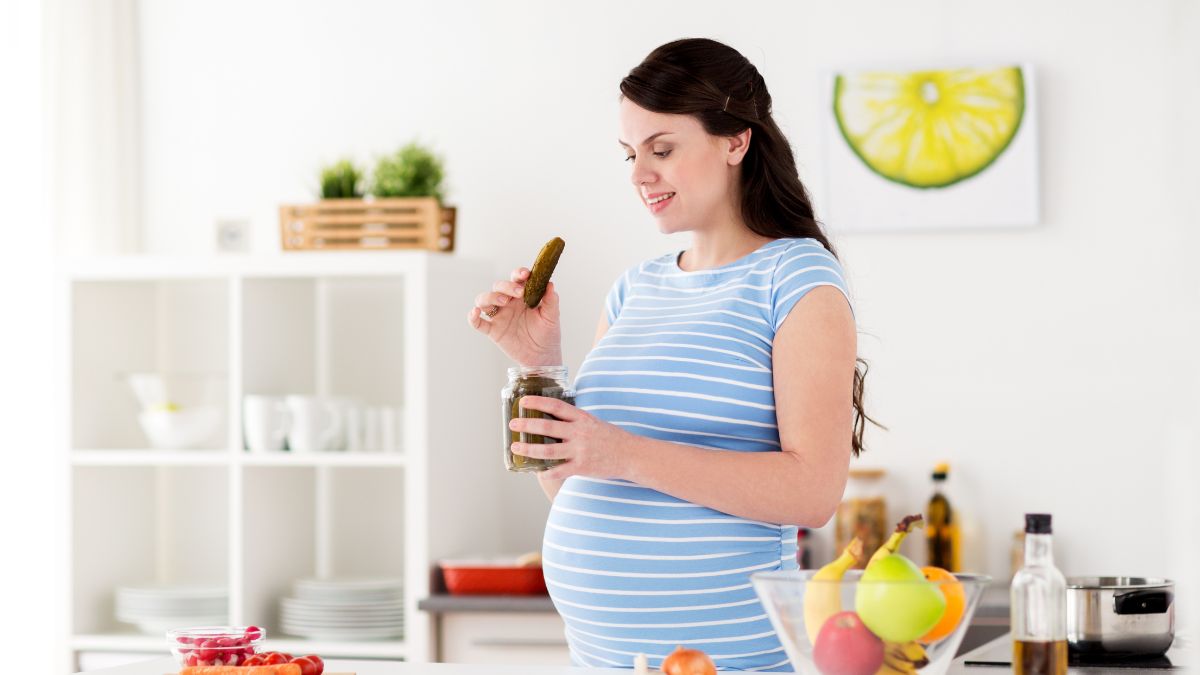Poppy seeds, known as khas khas, are a common ingredient in Indian kitchens. They add a nutty flavor and texture to various dishes.
However, the question arises: Can babies have poppy seeds?
This comprehensive guide will explore the safety, nutritional benefits, potential allergies, and appropriate ways to introduce poppy seeds to babies.
What are Poppy Seeds?
Poppy seeds are derived from the poppy plant Papaver somniferum. This flowering plant is extensively grown in the eastern and southern parts of Asia and Europe.
The seeds come in different varieties, including Oriental, Blue, and White poppy. White poppy seeds, also known as Indian or Asian, are commonly used in cuisines.
Poppy seeds are rich in antioxidants, insoluble fiber, calcium, carbohydrates, protein, iron, and other beneficial compounds.
They are known to have various health benefits, ranging from promoting heart health to improving cognitive functioning.
However, it is essential to consider the potential risks and allergies associated with poppy seeds.
Can Babies Have Poppy Seeds?
The consensus is that poppy seeds can be introduced to babies after they turn one year old.
However, it is crucial to exercise caution and follow certain guidelines. It is always recommended to introduce poppy seeds slowly and in small quantities.
Start with a quarter teaspoon of powdered poppy seeds in a dish and gradually increase the quantity to one teaspoon as your child adjusts to it.
When introducing poppy seeds to babies, opting for processed seeds from a safe and trusted source is advisable.
Unwashed seeds have a higher risk of contamination, which can result in higher levels of codeine and morphine.
Always consult a pediatrician before incorporating poppy seeds into your baby’s diet, especially if your child has a history of allergies or gastrointestinal issues.
Nutritional Benefits of Poppy Seeds
Poppy seeds offer several nutritional benefits that can contribute to your baby’s overall health and development.
Here are some of the key advantages:
Promotes Quality Sleep
Poppy seeds have traditionally been used as a home remedy to aid sleep.
They contain natural compounds that help calm the body and promote better sleep patterns.
However, using poppy seeds in moderation and consult with a pediatrician before using any home remedies is essential.
Supports Heart Health
The antioxidants in poppy seeds can help reduce oxidative stress and inflammation, risk factors for heart disease.
Including poppy seeds in your baby’s diet in moderation can contribute to maintaining a healthy heart.
Enhances Skin and Hair Health
Poppy seeds are a rich source of essential nutrients like zinc and magnesium, vital for healthy skin and hair.
These nutrients help maintain skin elasticity, prevent dryness, and promote hair growth.
Incorporating poppy seeds into your baby’s diet can improve their skin and hair health.
Improves Cognitive Functioning
Nutrients like iron and calcium in poppy seeds can support brain development and enhance cognitive functioning in babies.
These nutrients play a crucial role in the growth and functioning of the brain.
Boosts Immunity
Poppy seeds contain antioxidants that help strengthen the immune system and protect against various illnesses.
Including poppy seeds in your baby’s diet can boost their immunity and protect them from common infections.
Supports Digestion
The fiber content in poppy seeds can aid in promoting healthy digestion and preventing constipation in babies.
It helps regulate bowel movements and ensures smooth digestion.
Other Potential Benefits
Apart from the benefits mentioned above, poppy seeds may also positively affect blood pressure regulation, bone strength, diabetes management, thyroid health, eye health, energy levels, kidney stone prevention, and dandruff control.
However, it is important to note that these benefits are still being studied, and further research is required to validate these claims.
Poppy Seed Allergies and Symptoms
While poppy seeds offer various health benefits, being aware of potential allergies and associated symptoms is crucial.
Some individuals may be allergic to poppy seeds, and it is important to watch for any adverse reactions in your baby.
Allergic reactions can range from mild to severe and may include symptoms such as:
- Hives
- Swelling of the face and mouth
- Light-headedness
- Runny nose
- Itchy eyes
- Flushing
- Difficulty breathing
- Nausea or vomiting
If your baby exhibits any of these symptoms after consuming poppy seeds, it is essential to seek immediate medical attention.
Conclusion
In conclusion, poppy seeds can be introduced to babies after they turn one year old, but it is important to exercise caution and follow guidelines.
Poppy seeds offer various nutritional benefits, including promoting good sleep, supporting heart health, enhancing skin and hair health, improving cognitive functioning, boosting immunity, and aiding digestion.
However, it is crucial to be aware of potential allergies and gradually introduce poppy seeds.
Always consult a pediatrician before incorporating poppy seeds into your baby’s diet to ensure their safety and well-being.
Remember, as with any new food; it is important to observe your baby for any adverse reactions and seek medical advice if necessary.
Enjoy exploring the diverse flavors and benefits that poppy seeds can bring to your baby’s diet, but always prioritize their health and well-being.
The information provided in this article is for informational purposes only and is not intended to be a substitute for professional medical advice, diagnosis, or treatment. Always seek the advice of your physician or other qualified healthcare provider with any questions you may have regarding a medical condition. Do not disregard or delay seeking professional medical advice because of something you read in this article.
Article References
- Healthline (2020, June 30). 6 Emerging Benefits of Poppy Seeds. Retrieved August 22, 2023, from https://www.healthline.com/nutrition/poppy-seeds-health-benefits








